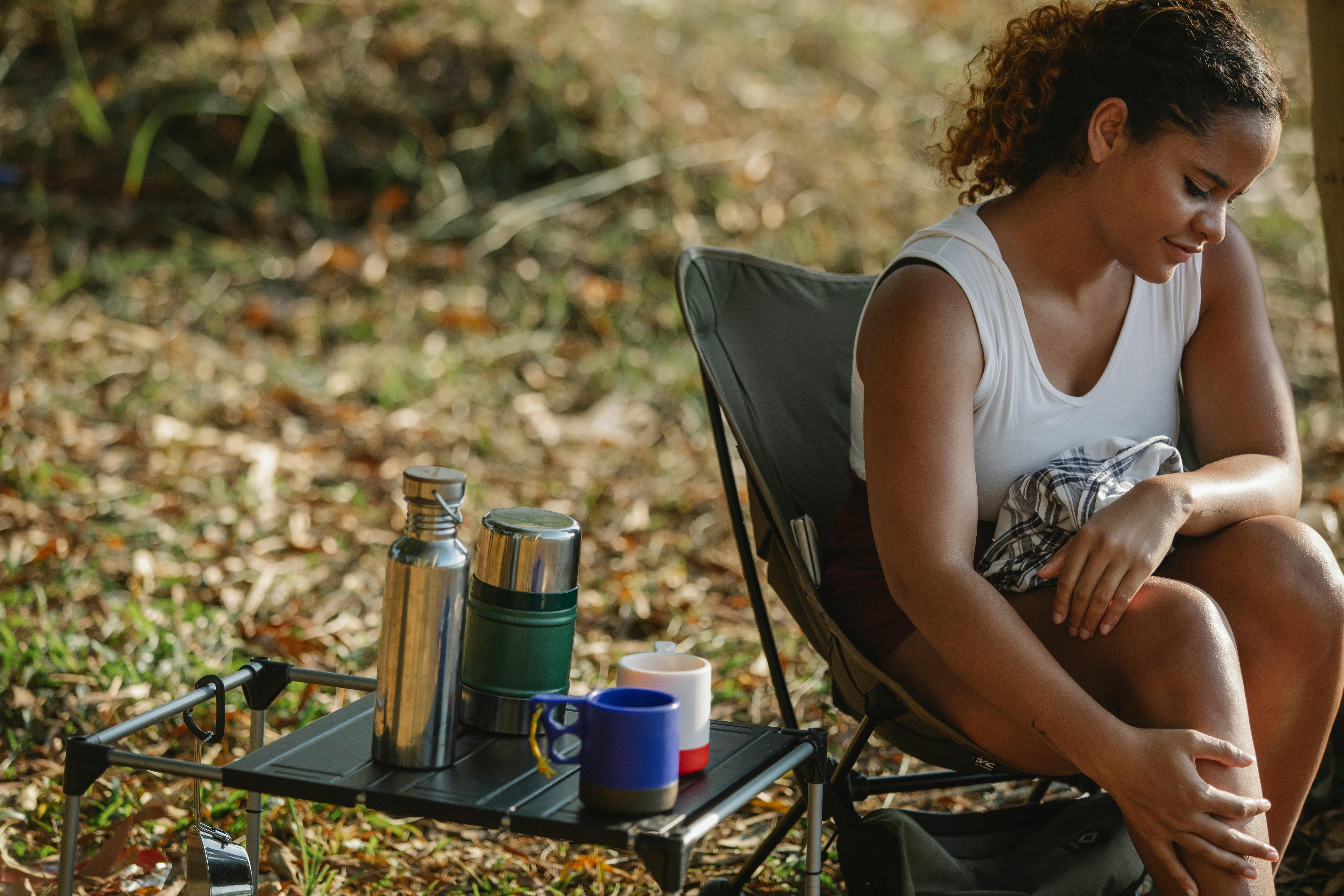It was another bright and sunny day in Los Angeles, but the man standing outside the airport waiting for a shuttle bus looked like rain. He could almost feel the sadness in him.
“It was 10 degrees when I left my house in West Virginia this morning,” he said after we were comfortably seated in the truck. “There must have been snow or ice,” she answered. Then, for no reason, she added, “I lived in Northern Virginia for 16 years and I love the snow. I worked at the Pentagon. Are you visiting family here?” “No, I treat myself to taking a trip here every year to see a ball game.”
Then, suddenly, he was talking about coming back from Vietnam, landing at the San Bernardino airport, and hopping on a bus to Camp Pendleton. He was in the Marine Corps at the time and couldn’t understand why people were swearing at them and throwing things at the troops. He was looking straight ahead, but he shot a quick glance in my direction. “Things I can’t even mention in public.” That hurt so much, when he got to his room, he cried. “I tried to understand,” he said. “It’s a free country and they could protest. But why the name-calling? We didn’t do anything wrong. I still think about it sometimes and when it gets so bad I can’t stand it, I go for a walk in the woods.” .And I cry.”
I told him that I had written the logistical support plan for the burial of the unknown military man from Vietnam. He turned to look at me and was very still. Then he came over and put his hand on my shoulder and squeezed it lightly. “So you know what I’m talking about, don’t you?” I nodded, thinking of other Vietnam veterans who had shared similar sentiments. I asked him if he had ever visited the Vietnam Memorial in Washington, DC. “Oh no,” he said and sat quietly. His mouth moved and his lips were wet, but he didn’t say anything. I could see the torment on his face. It was too hard to do.
He talked about the death of his father and his mother. “I buried them,” she said, “and I cried. I won’t go to funerals anymore. I send wreaths and cards, but I don’t want to cry again.” I asked about veterans facilities in West Virginia. They have good facilities, she said. “The psychologists have encouraged me to go in and talk to them. But if I do that, it dishonors the Corps. It makes us look less than honorable, don’t you think?” I told her that it was okay to seek help and that it seemed like she had found a way to cope. “When the first President Bush said that the parade of servicemen coming home from the Gulf War was for all of us, that helped me a lot. I thought, ‘Finally, we’re getting a welcome home.'”
This vet is not angry or bitter. He is dealing with vivid memories of his fellow Americans who turned on him and his friends. He seems like he’s still trying to reconcile his role in preserving our freedoms with those freedoms being turned against him. And when he becomes more than he can take, he walks through the woods and cries. “You understand, don’t you?”
When the shuttle reached my house, he got off and offered me his hand to help me. He held on, looked me in the eye and said, “Thank you for being there for him at the funeral.”
All Americans should be there for the military men and women of today and the veterans who served in the past. That is the least we can do to preserve our freedoms. God bless America.
